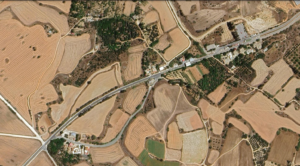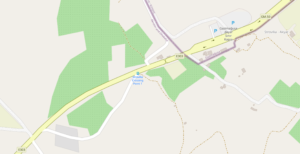As I move closer to beginning fieldwork for my dissertation, I’ve been refining my approach to interviews and developing tools that allow participants to share their memories in meaningful, open-ended ways. Working with a case like Strovilia, where formal documentation is limited and much of the cultural heritage exists now only in the memories of former residents, has made it clear that the quality of listening and the structure of inquiry matter deeply.
I chose a semi-structured interview format, which allows for both consistency and flexibility. The questions are grouped around key themes that align with my research focus: everyday life and living heritage, experiences of change and displacement, memory and meaning, and reflections on heritage preservation. Each set is designed to guide conversation while giving participants space to take the dialogue in directions most meaningful to them.
A particularly important feature of my approach is the integration of memory mapping directly into the interviews. Rather than treating it as a separate exercise, I plan to begin each session by inviting participants to interact with an abstract basemap and a satellite map of Strovilia. This visual anchor helps ground our conversation in space and encourages participants to point out or describe significant places as they talk—heritage sites, homes, communal sites, places tied to rituals, routines, or key memories. This method also creates space for new and unexpected places of meaning to emerge beyond what I had initially anticipated.
The choice to embed memory mapping in the interview itself was both practical and intentional. It reduces the burden of multiple sessions and reinforces the idea that place and memory are inseparable. The questions and prompts are shaped not only by my research aims but by what I’ve learned so far about storytelling, sensory memory, and cultural heritage as an embodied, lived experience.
Preparing for these conversations has reminded me that the most valuable insights often come from the simplest questions, especially when asked with genuine curiosity, patience, and care.


C.C.


